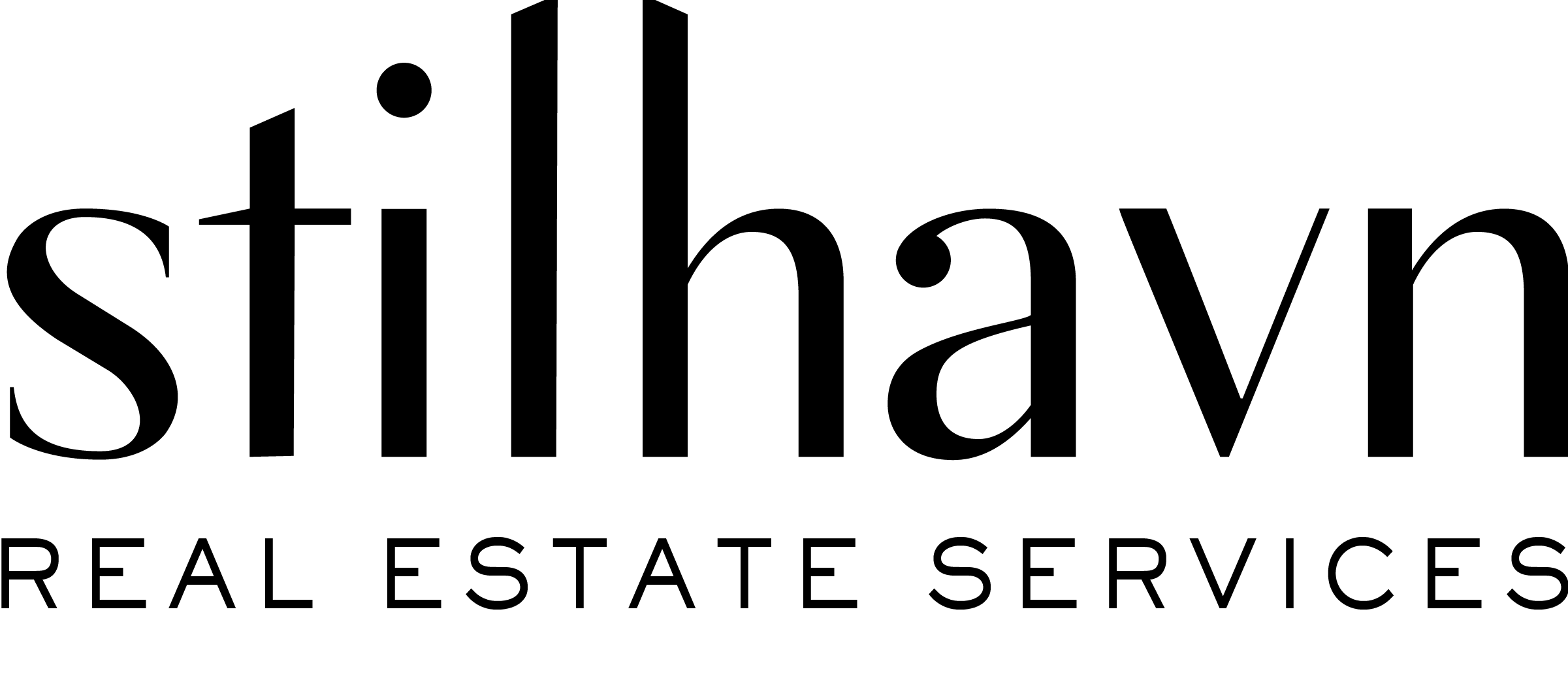By now, we’re three months into a global pandemic that has seen travel restricted, businesses closed, and drastic changes in the way we live, with no return to the Old Normal yet in sight. But has COVID-19 destroyed our once-thriving housing market?
By all accounts, that’s not likely—Vancouver is still one of the world’s most liveable cities, after all, and the market’s outlook continues to be healthy. That doesn’t mean change isn’t coming. Local planners are now looking at ways to use COVID-19 as an opportunity to reset Vancouver’s housing strategy going forward.
Finding opportunities in a crisis
Even before the pandemic hit BC, the market was changing. As noted in January, 2019 was an unusual year in Metro Vancouver real estate, and COVID came just as the market was starting to rebound.
Gil Kelley, the City of Vancouver’s general manager of design, planning, and sustainability, thinks now is the time to take advantage of the somewhat unusual chance COVID presents. “In this moment, where there’s a pause and stabilization of land prices, there’s a real opportunity to push on the supply of rental and affordable housing,” Kelley said.
What does a new housing strategy look like?
Last month, Kelley presented a plan to Vancouver’s city council to pivot the city’s housing strategy to keep it sustainable. “We need to think about how we want to remake some of the basic underlying parts of the city’s fabric, and that includes normalizing a healthy housing market,” Kelley told the council.
Those changes began in mid-March, with a COVID-19 emergency response that saw unhoused and at-risk people moved into emergency recovery centres and hotels. Kelley, along with Vancouver’s assistant director of planning Dan Garrison, argues that Vancouver needs to go beyond stop-gap emergency housing to prioritize our most vulnerable populations, though.
The next phase of Kelley and Garrison’s plan requires the city to work with private and public partners to support new developments and prioritize new units’ affordability. City policies will also have to be updated to allow for more non-profit, co-op, market, and below-market rental housing. The plan is designed to help create and support permanent housing for the people who need it most, even when we’re not in a pandemic.
Over the longer term, this adapted approach to housing is designed to address underlying issues prevalent before this crisis.
How will this address economic instability?
If you’re sitting on an unoccupied investment property in Vancouver, bad news: the empty homes and speculation taxes aren’t going anywhere, at least not for now. While Kelley and Garrison have heard calls to eliminate these taxes in an attempt to kickstart the economy, avoiding speculation will be crucial. “This is going to be a fundamental part of moving forward into the new future, rather than trying to go back to the way things were, because we need to remember that the way things were wasn’t working for a lot of people,” Garrison said.
Instead, this strategy is designed to stimulate the economy, in part by promoting new builds and creating job growth in the construction industry.
“If you look at metro Vancouver’s economy, construction is a very important component generally,” Garrison added. “If you can invest in construction, we get out of it housing both for-profit and non-profit that gets the economic engine going and helps fuel the recovery.”
Reviewing the plan
Kelley and Garrison’s proposed changes to Vancouver’s housing strategy are far from guaranteed, though. At the end of May, Vancouver’s city council voted to revisit the plan, with NPA councillor Colleen Hardwick urging city staff to provide more data to justify the number of new builds recommended.
What impact will this have on the local housing market in the end? It may come down to an issue of supply and demand. If the number of new builds—whether it’s Kelley and Garrison’s ambitious plan or a more reserved one more in keeping with Hardwick’s projections—don’t exceed the real demand for housing, home prices should hold continue to hold steady or even increase.
Need help navigating the market?
Are you hoping to invest in a new home as the economy restarts? Stilhavn’s expert REALTORS® are here to help! Check out our latest listings or get in touch today!



